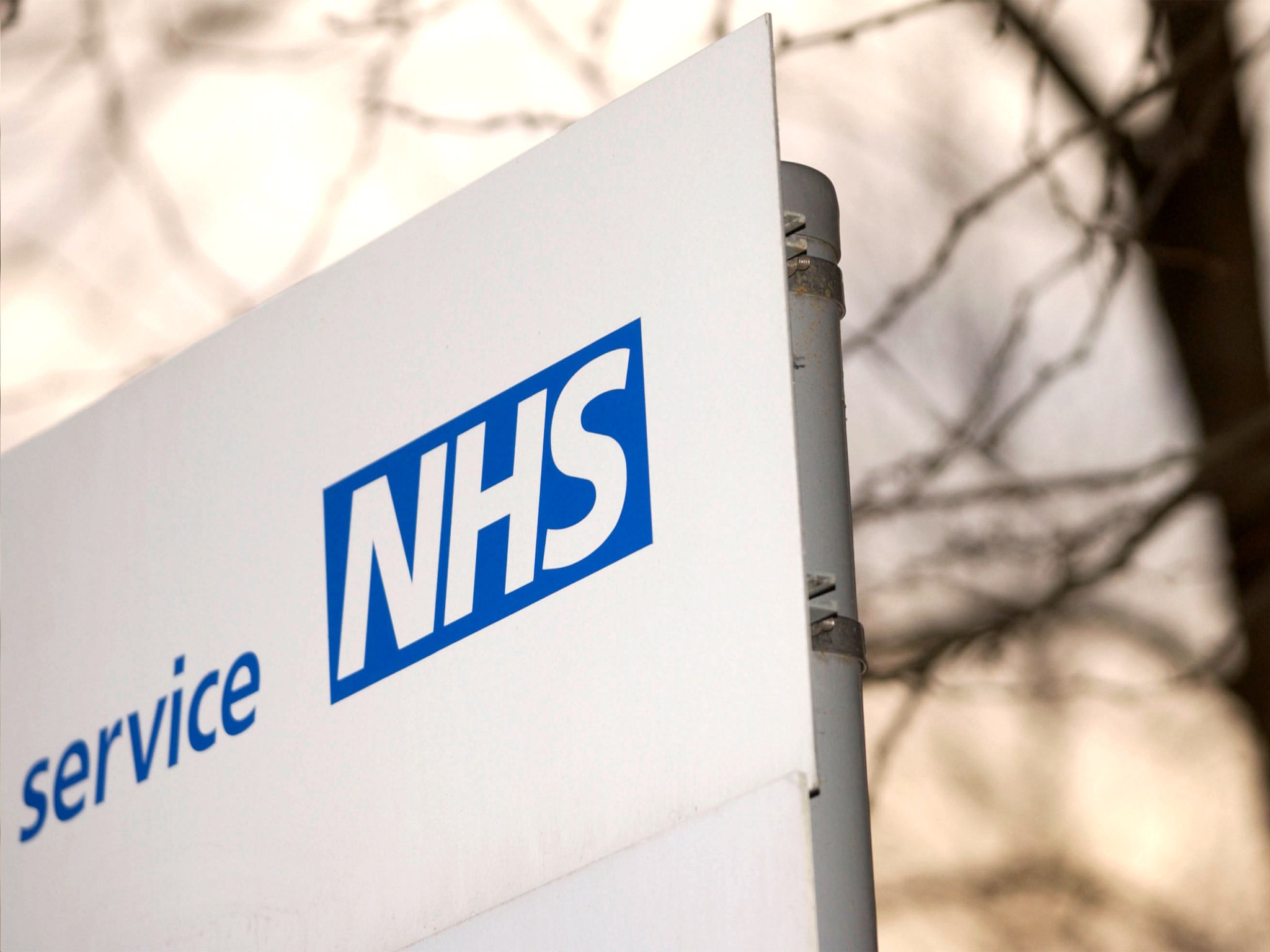Hospitals criticised for discharging vulnerable patients at night

Growing pressure on NHS hospitals has led to hundreds of thousands of patients being discharged in the middle of the night, despite efforts to cut back on the controversial practice, it has been revealed.
The number of patients sent home between 11pm and 6pm has increased in many areas in the past two years, despite a call from England’s top doctor for hospitals to scale back overnight discharges amid fears for the safety of vulnerable patients.
Campaigners said that the practice was being driven by the overwhelming need to find beds for other patients.
The medical director of NHS England, Sir Bruce Keogh warned in April 2012 about “unacceptable” cases of elderly patients being left to make their way home alone in the middle of the night.
However, since then more than 300,000 patients have been discharged late at night, according to figures obtained by Sky News, through Freedom of Information requests.
Only 72 of England’s 160 NHS trusts were able to provide full figures for the last three years, so the true number is certain to be higher.
At those trusts that replied, 152,472 patients were discharged between 11pm and 6am in 2011/12, a figure which rose slightly to 152,479 in 2013/14, despite Sir Bruce’s intervention.
At 41 trusts, the number of patients discharged overnight increased, and at 31 trusts the proportion of patients discharged between 11pm and 6am was also up.
Dr Mike Smith, chair of the Patients Association, told Sky News that the need for medical staff to free up beds was driving the problem.
“They have got people in A&E chomping at the bit, lying in corridors, they have got to be admitted and they have no beds,” he said. “It’s for the convenience of staff and the person they are admitting but at the gross detriment to the person they are chucking out.”
Demand on the NHS is now higher than ever, staff morale is low and in the past few years the health service has seen its biggest ever slow-down in funding. While the Government has technically protected the health budget, cuts to the NHS’ annual funding increase – which has been in place for years to meet ever-growing demand – have forced widespread efficiency saving which many experts say could impact patient care.
Experts said that discharging a vulnerable patient in the middle of night could lead to serious problems with their continuing care.
Nadra Ahmed, chair of the National Care Association said: “They are going back without any relevant information about how their care might have changed, what the diagnosis might have been, their paperwork is not following because people are off duty, and often [patients are] without the relevant medication they need for the following day or even through the night.”
One patient told Sky News that he had been discharged from the Royal Bolton Hospital’s A&E department in March last year at 3am in a confused state.
Michael Atkinson was found by police an hour later in a cricket field almost a mile away. His wife Helen said he had been “crying, disorientated, confused” and “blue with cold” when he was found.
“I did not know who I was, where I was,” Mr Atkinson said. “I did not know where I was going. I was just wandering basically. I was in pain.”
The hospital said Mr Atkinson had left before transport could be arranged but said that staff had tried to learn lessons from the incident.
A spokesperson for NHS England, said: “Discharging patients at night without appropriate support is unacceptable, particularly if a patient is vulnerable. Where a patient wishes to leave late at night or early in the morning, it should accommodated only where it is safe and clinically appropriate and with the support of family, friends or carers. The decision to do this should always be based on what is best for the patient.”
Subscribe to Independent Premium to bookmark this article
Want to bookmark your favourite articles and stories to read or reference later? Start your Independent Premium subscription today.

Join our commenting forum
Join thought-provoking conversations, follow other Independent readers and see their replies